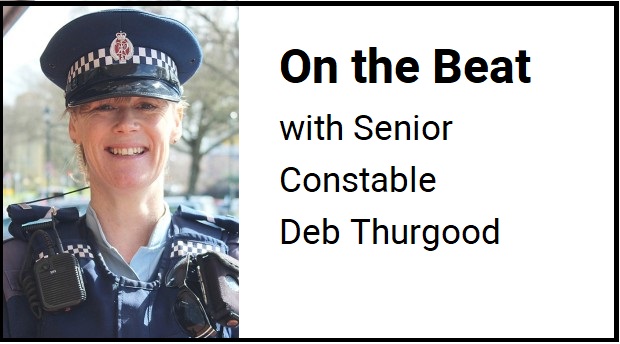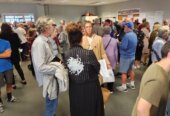
Youth offending is my first focus this week. We have seen an increase in youth crime – burglary, thefts, wilful damage, assaults, graffiti and general disorder.
Sometimes teens act differently when they are in a group than they would when alone, and one person can quickly influence and lead others into bad decision making. Do you know with whom your teen is hanging out, where they go and what they are doing there?
In New Zealand a ‘youth’ is 14-17 years old. (‘Children’ are 10-13 years old and 18-year-olds are dealt with as ‘adults’). Under the Youth Justice system, cases where a youth has committed minor offending will usually go through the Police Youth Aid Officer and an alternative action process undertaken.
This holds the youth to account for what they have done, while keeping them out of court. The next level of offending will be dealt with through a Family Group Conference with Oranga Tamariki and even more serious offending will go to Youth Court. Apprehension by police can help redirect a teenager away from a pattern of continued offending. If you see youth behaving suspiciously – going into private commercial carparks, an assault in progress or concealment of items in store, ring 111.
My second focus is gangs. Being next to State Highway 1, Cambridge is on the through route for interregional North Island gang travel. This travel is often closely linked to the manufacture and distribution of drugs. The more information police have around gang movements and the manufacture and sale of illicit drugs, the more effectively it can be addressed. If a house in your neighbourhood is being frequented by gang members, let us know. Any information on car or motorcycle registrations, gang patches or gang insignia clothing worn – and those wearing them – is useful.
Houses selling drugs usually receive a high volume of visitors, staying for only short periods of time.
Sometimes these visitors will go to a particular door or window of the house; sometimes an occupant of the house will come out and make a drug exchange at the car window. You may notice a pattern to the visitations or people taking large bags into or out of the house.
There may be a signal evident when these sales are made – perhaps a particular light is left on outside, or an item put up on a windowsill. Drug houses will commonly have external CCTV systems. These indicators vary however depending on the house.
As with gangs, information on visiting vehicles and their occupants and the selling/visitation patterns mentioned above, all help to paint the picture. So what do you do with this information? Phone Police on 105 or to report anonymously, either ring the Crimestoppers line on 0800 555 111 or submit the information at crimestoppers-nz.org . As I said in my previous columns, I also strongly recommend forming or joining a Neighbourhood Support Group thereby keeping in touch with your neighbours and the broader NSG network, to work together on preventing local crime – safercambridge.co.nz.








